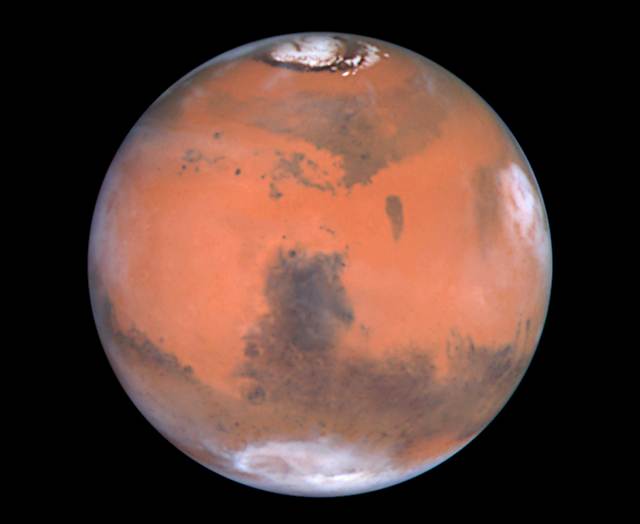To the Explorers, Thank You
The precise origins of Thanksgiving are, like almost everything else in the historical record, a matter of debate. While account of the first Thanksgiving feast held in Plymouth Colony is 1621 is one of the cornerstones of America’s own origin story, the roots run far deeper, back into the origin story of humanity itself and the nearly universal concept of a harvest festival. It is a marker on the path of transition from primitive hunter gatherer groups constantly on the move, to the first agrarian society’s which placed a necessary premium on staying in place. The inevitable result, the first city-states and the beginnings of political culture and long distance trade as we know it today. Later, the concept of a harvest festival, merged with elements of the Christian religion in Europe, only to become one of the seemingly endless points of argument in the widening schism between the Protestant Reformation and Catholic groups, as the former attempted to substitute a limited number of Days of Thanksgiving (as well as less popular Days of Fasting) in the place of a Papal Calender full of now mostly forgotten religious holidays. It was just this sort of debate which prompted a small number of religious dissenters to join other colonists aboard a tiny ship, the Mayflower, bound for northern Virginia in a dangerous fall passage across the Atlantic in 1620. When the ship missed its destination, and instead found itself far to north, off present day Massachusetts for reasons which are still not clear, the response was to band together and assert their own individual liberty in forming a charter, the Mayflower Compact, as the basis for chartering a colony not previously authorized by the King of England. After a first winter which saw almost almost half of the people who had boarded the ship in search of a better life, instead die of starvation and disease, the survivors were understandably eager to give thanks nearly a year later, when the first harvest generated enough food to survive another winter already nearly upon them. We very frequently honor the explorers whose names are well known to history for their accomplishments, and rightfully so. Before to many more Thanksgivings have passed, perhaps we will add another name next to that of Neil Armstrong, as the first person steps onto the surface of Mars. It is worth considering however, that over the long march of history, we owe an even greater debt of gratitude to those men and women who gambled their families, their futures, and their lives, on a journey into the unknown not for King and Country, but simply to make a new life, in a new country, without any king at all. Living among us now, on Thanksgiving Day 2013, are hopefully some of those rare individuals who will celebrate a future Thanksgiving off Earth, not just as temporary voyagers, but as the first permanent settlers living on a new world. Having left behind, in many cases forever, the comforts of a home and a planet ideally suited for human life, for one which is anything but, they too, will no doubt give thanks according to their beliefs, for survival continued survival on a hostile world. The meaning of holidays has a tendency to change over the years, viewed in the context of the people who experience it. What is today an American (and in October, a Canadian) holiday of plenty, has its roots in pagan harvest festivals, and gains its historical context as an expression of appreciation to God for simply surviving. It may be then, that in the future, the meaning will change once again and the holiday will come to signify the moments, and the people who first come together to celebrate a common heritage on a new world, and the many more back home to put a great deal on the line to make it happen. So to the risk takers, past present and future, thank you.



